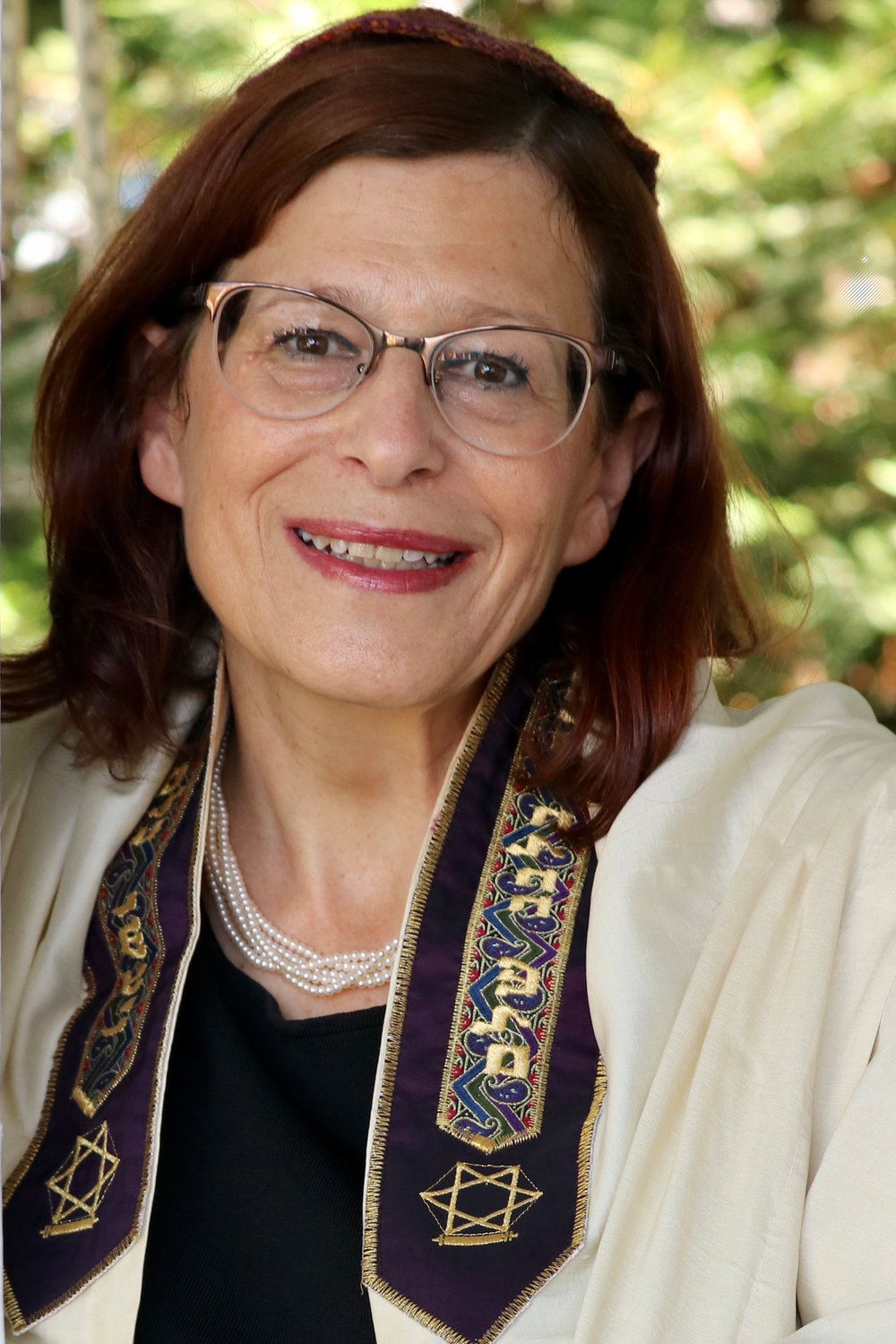Overcoming tragedy and becoming stronger
One of the items on the Passover Seder plate is an egg. It’s not one of the foods we’re commanded to eat on Passover, and no mention of it is made during the Seder meal itself. So why is it there? We know that the shank bone represents the Passover lamb, and the others are foods that are eaten ceremonially, but the roasted egg sits there.
This roasted egg reminds us of the special sacrificial offering–hagigah–made on festivals during the time of the Holy Temple. Unlike some of the other offerings, which were totally consumed by the fire, the hagigah offering was eaten. However, there’s rarely more than one reason for something in Jewish tradition, and this is no exception.
Under the right circumstances, an egg can become a chicken (or turkey, duck) and is a symbol of new life. Spring, when the Israelites left Egypt, is that same time of rebirth, trees and flowers are blooming, we’re planting our gardens, and (usually) spending more time outdoors.
Eggs and other round foods are traditionally served at a meal following a funeral, representing the circle of life, and the knowledge that although “tears may linger for a night, joy comes with the dawn.” (Ps. 30).
As a child, I remember learning that the egg represents the Jewish people. At our Seder we read that “In every generation there are those who stood up and tried to destroy us, but the Holy Blessed One redeemed us.” It’s a more eloquent way of saying, “they tried to kill us, we won, let’s eat!” As a people and as a community, we’ve overcome tragedy and become stronger as a result. When an egg is cooked, it hardens, and when the pressure is on, we respond and work together.
Essentially, we’re resilient, and this year, we need that resilience as we approach Passover much differently than in the past. Many singles, families and couples will be spending their Seders alone instead of with family and friends. Others will sit in front of a computer or smartphone to create community and have virtual Seders. There will be so many answers to the question, “Why is this night different from all other nights?”
This Passover, may we be blessed to tap into our personal and communal resiliency to have a sweet and joyful holiday.
Rabbi Susan Elkodsi is the spiritual leader of the Malverne Jewish Center, at 1 Norwood Ave.






